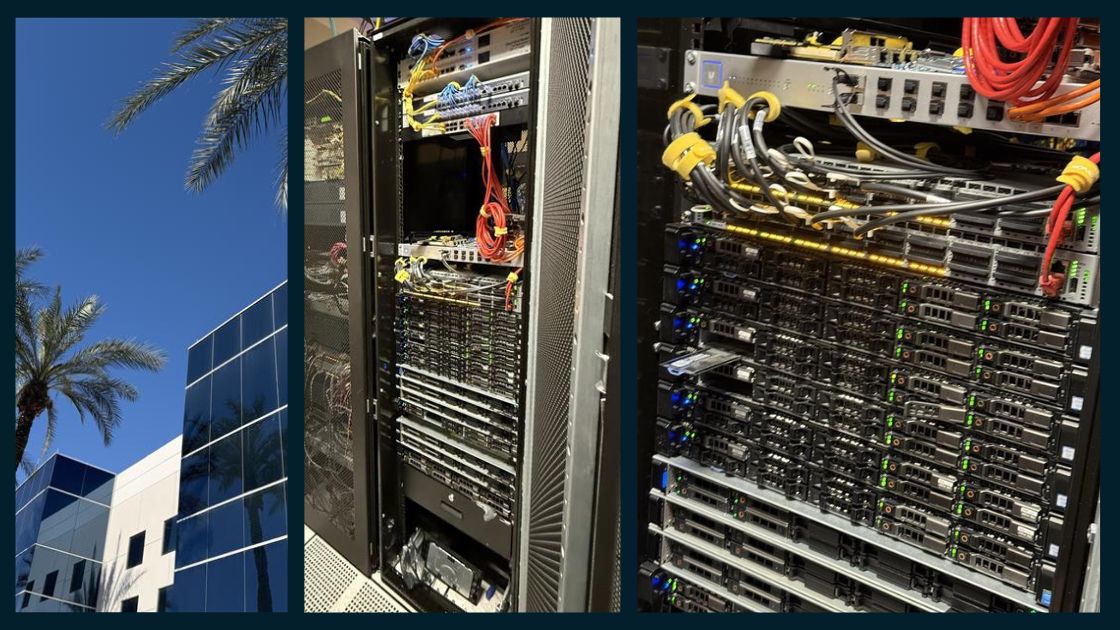
BY NEHA TANDON
It’s likely that when your company was started or founded that your executive team went with the easiest, quickest, and most cost-friendly solution to handle its accounting needs just to get things started. But the truth is that start-ups outgrow the tools that launched the company. Not only can your old system be outdated, but the ability to handle higher volumes of work might even be inhibiting your ability to grow.
When you’re spending more time finagling your old system to work for your current needs than you are actually invoicing and bookkeeping, it’s likely time for a new system in place to do the work for you. Regardless of your company’s size, plenty of options exist for accounting systems in software.
If it’s fallen to you to make the case to management for an accounting platform update, there are key arguments to make that will help overcome sticker shock and resistance to change you may encounter along the way.
“The New System Will Save Time and Money.”
Manual invoicing consumes enormous time. By some estimates, 77 percent of invoices are received by the payor via mail, fax, or emailed PDFs.
If you are spending a lot of time running your accounting department on spreadsheets, it is likely your time could be better spent elsewhere. Software already exists to automate most of this handwork. Take the time to put some actual numbers to the costs of a given function like monthly invoicing. You and your co-workers will need to do some rudimentary time tracking, but your findings will be surprising. Bringing your executive team an objective view of the current workload and the tangible results they can expect to see if they bring new accounting software online will go far in getting a “Yes.”
“The New System Will Get Invoices Out On Time.”
“Time is money.” We keep saying it because it keeps being true. Perhaps nowhere is this more clear in presenting bills and receiving payment.
When it’s taking weeks to gather expenses, receipts, and other backup needed to run an invoice or close out the month’s billing cycle, something’s got to change.
Accounting solutions are far more capable than simply being number crunchers and organizers. Through powerful automations, modern accounting systems can automate handling of receipts and expenses, collect and organize time sheets, make sure work order itemizations are assigned correctly, and more.
Having done your research on how long your processes take, you’ll be able to make a convincing case that updating the system will allow your department to spend less time on important but repetitive tasks that can be more accurately handled automatically.
Additionally, newer accounting solutions are built from the ground up to seamlessly integrate with most standard customer relationship management systems. Integrating your accounting and CRM can eliminate many of the disconnects that can occur when your finance and sales or customer service operations can’t frictionlessly communicate with each other.
“The New System Will Help Us Be More Buttoned Up As We Pursue New Funding/Financing/Investors.”
Chances are that your executive team is trying to secure new funding, a new credit line, new investors, or attention from investors. When your company is out looking for the large dollars, you need to be able produce an accurate financial picture at the drop of a hat. Additionally, you may need to to meet very strict audit requirements.
A newer, more powerful accounting solution can deliver an accurate picture of cash position, account aging, and more with just a few clicks. It’s a far quicker, and more accurate way to share the numbers than running endless spreadsheets.
“The New System Will Help Protect Our Books and Accounting History From Loss.”
By some estimates, up to 80 percent of data loss is due to hardware failure and human error. Depending on the size and age of your company, your accounting history could be massive, both in size and importance. Modern accounting platforms protect the financial data of your company and your customers through a comprehensive approach to both security and data backup to eliminate as many points of failure as possible. Increasingly, mission critical systems like accounting solutions are delivered as cloud-based software as a service solutions for precisely this reason.
When you consider such grim statistics as DTI/Price Waterhouse Coopers asserting that seven out of 10 ten small firms that experience a major data loss go out of business within a year, the protection argument takes on added urgency.
Upgrading your system won’t just help your accounting operations and team. It will help increase communication across all levels of your organization. Depending on the organization you are part of, accounting touches the job responsibilities of everyone in some capacity, especially in smaller companies. Investing in a top-quality system that really caters to your company’s unique needs is not only important, but vital for growing and established companies alike.

